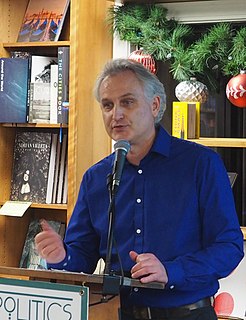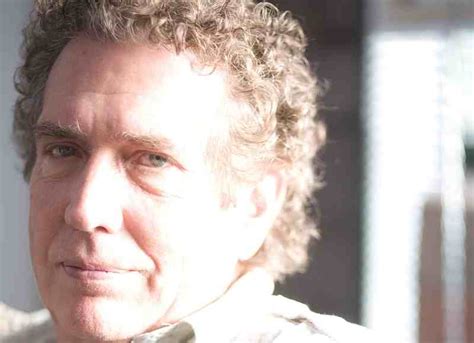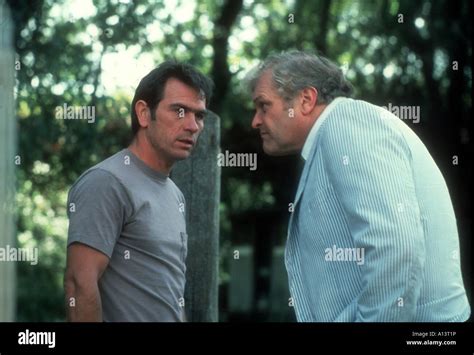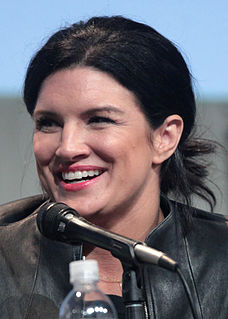A Quote by Kurt Busiek
The characters are, by their nature, archetypes that can serve different metaphors.
Quote Topics
Related Quotes
We all are motivated by deep impulses and deep appetites to serve, even though we may not be able to locate that which we are hoping to serve. So this is just a part of my nature and I think everybody else's nature to offer oneself at the critical moment when the emergency becomes articulate. It's only then that we can locate that willingness to serve.
If you know your archetypes - and not just yours, if you know how to perceive the world in archetypes, through archetypes - everything changes. Everything. Because you have two things: you can see through one eye which is impersonal, and through the other, which is personal. That's the way the game is written down here.





































